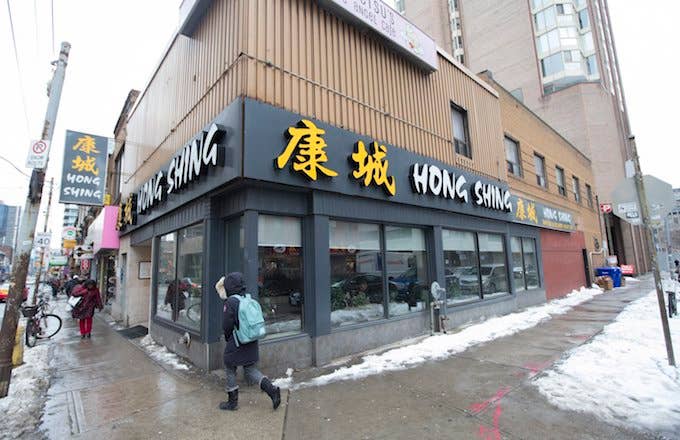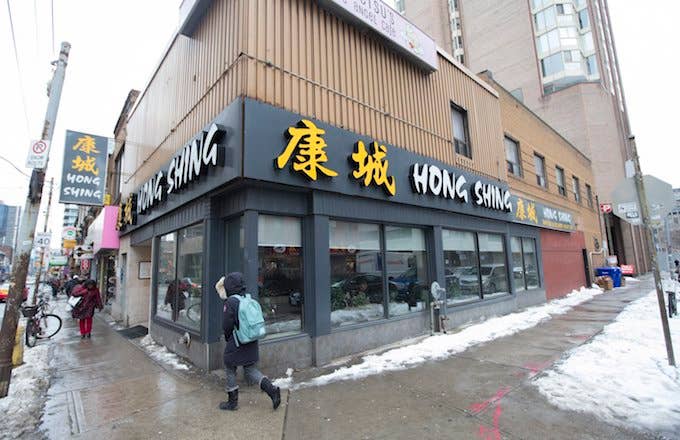
When Emile Wickham and three of his friends were asked to prepay for their meals at Toronto’s Hong Shing Chinese Restaurant, they know something strange was going on. According to The Globe and Mail, it was only after he asked other customers if they had been requested to do the same—and noticing all other customers were white—that Wickham realized he’d been racially victimized. The Ontario Human Rights Tribunal has taken on the cause, ordering the restaurant to pay Wickham $10,000 as compensation for the violation.
Wickham and friends visited the restaurant in May of 2014 for a birthday dinner when the server asked them to pay, right after he took their order. According to tribunal hearing this month, Wickham said he questioned the man about the odd request, but paid when the employee claimed this was routine restaurant policy. Wickham realized they were the only black diners, and that nobody else was asked to prepay—so he questioned the server again when he returned to the table. This was when it was confirmed, and another staff member attempted to quell the issue by offering Wickham a refund. They accepted and left.
According to adjudicator Esi Codjoe, this incident was in clear breach of section 1 of the regional human-rights code, which is in place to guarantee equality in goods, services and facilities exchanges. In Codjoe’s opinion, Wickham was treated as “a potential thief in waiting,” which the facts here certainly suggest.
“His mere presence as a Black man in a restaurant was presumed to be sufficient evidence of his presume propensity to engage in criminal behavior,” Codjoe wrote, essentially stating the server was a racist who feared Wickham wouldn’t pay for his meal because he was black.
Six months after Wickham filed his complaint, the restaurant submitted a written response to the human rights tribunal, excusing its behavior by claiming the restaurant “attracts something of a transient crowd” with dine and dash incidents commonly occurring. Whether this is true or not, it’s clear that racism played a large—if not entire—role that night.
Unfortunately, Wickham says this experience has irrevocably ruined his image of big cities as friendly, positive places where racism has been vanquished. “I feel a lot of Canadians feel like because they don’t say the N-word or they have that black colleague or they like to eat Jamaican food and know about roti and doubles” that they couldn’t possibly be racist, Wickham said.
Sadly, racism is insidious, and nuanced, and finds its way into seemingly harmless scenarios far too often. For Wickham, it’s the fact that he seemingly has to convince people of their unfair, racist behavior, when people of another color might immediately be believed. “Before the camera on the cellphone became a popular thing…all we had was our word,” he said. “And us calling out how we were treated, our word wasn’t good enough, right?”

